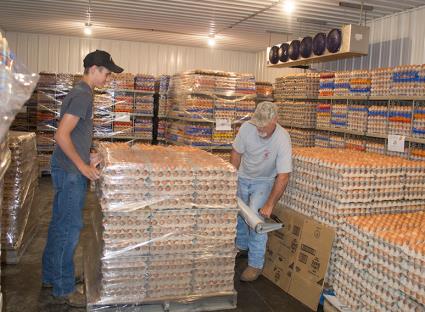|
In a Bill under consideration by the Senate Agriculture Committee, over $7.5 billion would be made available in grants, loans and guarantees to improve distribution of food to the needy. The Bill proposes $5.5 billion for producers to upgrade equipment, expand facilities and make available new products. An allotment of $1 billion would assist organizations involved in emergency feeding. Approximately $1 billion would be made available to subsidize storing and distribution of perishable foods by food banks.
According to Senator Debbie Stabenow (D-MI), Ranking Member on the Senate Agriculture Committee "the COVID-19 crisis is testing the strength of our nation's food supply chain creating a ripple effect that’s harming our families, farmers and workers". She added "this bill will help strengthen our food supply by redirecting food to families and helping farmers and processors retool their operations".
|

Sen Stabenow |
 It is apparent that despite the best intentions and actions of Congress, making money available to the designated recipients does not necessarily relieve the stresses and hunger among families who have been impacted by COVID-19. This is especially the case with children deprived of meals that would have been provided at their now-closed schools. It appears that between the Federal and state bureaucracies they collectively are unable to effectively even give away money! (see item on child hunger in this edition).
It is apparent that despite the best intentions and actions of Congress, making money available to the designated recipients does not necessarily relieve the stresses and hunger among families who have been impacted by COVID-19. This is especially the case with children deprived of meals that would have been provided at their now-closed schools. It appears that between the Federal and state bureaucracies they collectively are unable to effectively even give away money! (see item on child hunger in this edition).
The egg industry is especially generous in donating and delivering products to local food banks. The inherent nutritional value of eggs, especially for children, ease of preparation and low cost for storage and distribution should be recognized by relief agencies that could purchase and supply more eggs to needy families given current needs.